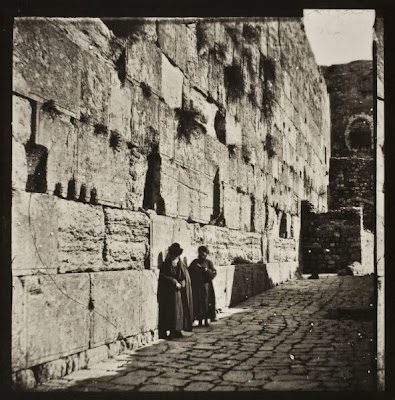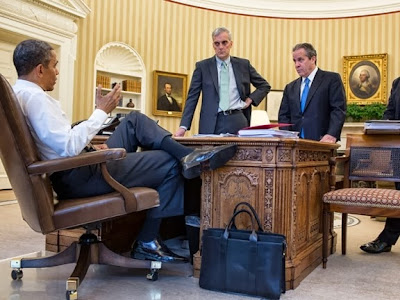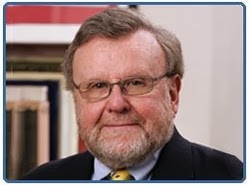The following by
Efraim Karsh is reposted here with permission of
Middle East Forum:
by Efraim Karsh
Middle East Quarterly
December 2000, pp. 13-22
In the four centuries before World War I, the Middle East was a singularly unchanging place. Since that time, it has been perhaps the most hyperactive of regions. Why this dramatic change? When scholars debate the reasons for twentieth-century volatility, they usually point to outside powers. Efraim Karsh turns this equation on its head; then three leading analysts reply to his argument.
The Editors
 |
| Efraim Karsh |
Since its formation in the wake of World War I, the contemporary Middle Eastern system based on territorial states has been under sustained assault. In past years, the foremost challenge to this system came from the doctrine of pan-Arabism (or
qawmiya ), which sought to "eliminate the traces of Western imperialism" and unify the "Arab nation," and the associated ideology of Greater Syria (or
Suriya al-Kubra), which stresses the territorial and historical indivisibility of most of the Fertile Crescent. Today, the leading challenge comes from Islamist notions of a single Muslim community (the
umma ). Intellectuals and politicians, denouncing the current system as an artificial creation of Western imperialism at variance with yearnings for regional unity, have repeatedly urged its destruction. National leaders—from Gamal Abdel Nasser to Ayatollah Ruhollah Khomeini to Saddam Husayn—have justified their interference in the affairs of other states by claiming to pursue that unity. Yet the system of territorial states has proven extremely resilient.














